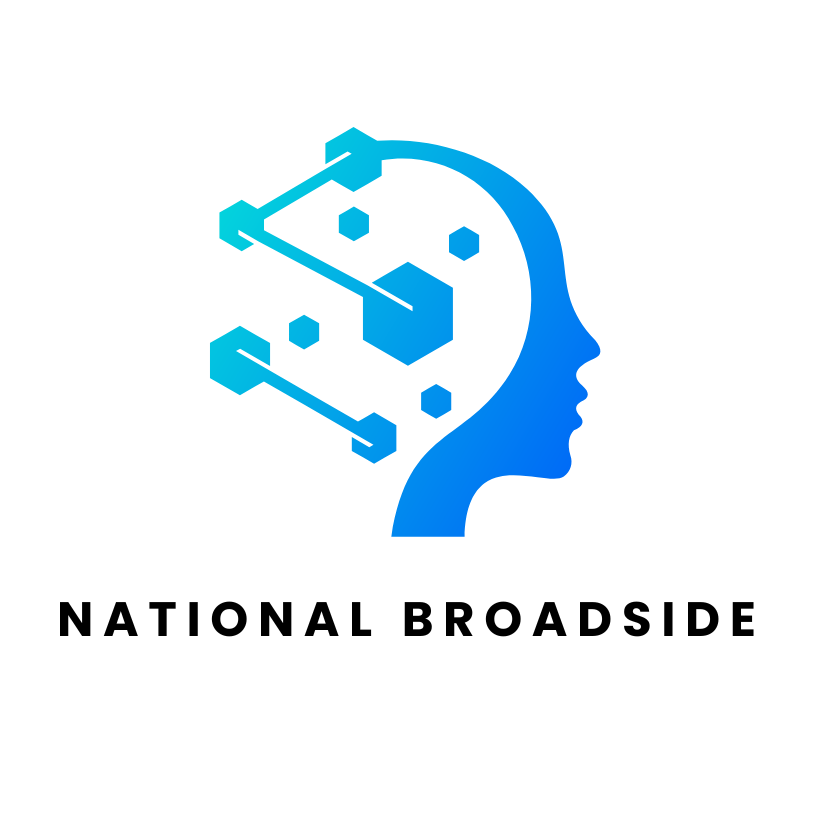Table of Contents
ToggleArtificial intelligence isn’t just a buzzword tossed around in tech circles; it’s the secret sauce transforming everyday life. From virtual assistants that can tell a joke better than your uncle at Thanksgiving to algorithms that predict your shopping habits, AI is everywhere and it’s not shy about it.
Overview of Artificial Intelligence Uses
Artificial intelligence permeates numerous sectors, enhancing efficiency and innovation. In healthcare, AI algorithms assist with diagnostics, predicting patient outcomes, and personalizing treatment plans. Many healthcare providers implement these systems to improve patient care quality.
In finance, AI streamlines tasks like fraud detection and risk assessment. Financial institutions utilize machine learning models to analyze transaction patterns, ensuring security and compliance. Additionally, robo-advisors provide personalized investment advice based on individual risk profiles.
Retail benefits from AI through customer behavior analysis and inventory management. Retailers use data-driven insights to optimize supply chains and enhance the shopping experience. Predictive analytics inform product recommendations, boosting sales and customer satisfaction.
Education sees AI applications in personalized learning experiences. Intelligent tutoring systems adapt to student performance, ensuring a tailored approach to learning. Furthermore, AI automates administrative tasks, allowing educators to focus more on teaching.
Transportation harnesses AI for route optimization and autonomous vehicles. Companies develop AI-driven systems that analyze traffic patterns, resulting in more efficient travel. Self-driving technology advances rapidly, promising safer roads and reduced congestion.
Manufacturing relies on AI for predictive maintenance and quality control. Factories deploy AI solutions to monitor machinery health, preventing costly downtimes. Automated inspection systems identify defects, ensuring product quality and consistency.
Lastly, entertainment thrives with AI-generated content and recommendations. Streaming services leverage algorithms to curate personalized viewing suggestions, enhancing user engagement. Video game developers utilize AI for creating realistic environments and adaptive gameplay experiences.
Through its diverse applications, artificial intelligence reshapes industries and influences daily life.
Healthcare Applications

AI significantly transforms healthcare through innovative applications that enhance patient outcomes. Its capabilities extend to diagnostics and treatment personalization.
Diagnostic Tools
AI enhances diagnostic accuracy, enabling earlier disease detection. Algorithms analyze medical images, identifying anomalies with speed and precision. For example, AI models such as deep learning networks have shown proficiency in interpreting X-rays and MRIs. These tools assist radiologists, improving efficiency and reducing the likelihood of human error. Additionally, AI-powered chatbots offer preliminary assessments based on patient symptoms, streamlining the triage process. Incorporating these tools can foster more timely interventions, ultimately improving survival rates in critical cases.
Personalized Medicine
Personalized medicine emerges as a significant benefit of AI, allowing tailored treatment strategies for individual patients. Algorithms analyze genetic information and patient history, identifying optimal therapies. As a result, doctors can adjust medications based on specific genetic profiles, improving efficacy and minimizing side effects. For instance, AI systems assist oncologists in selecting personalized chemotherapy regimens based on tumor characteristics. This approach not only enhances patient care but also allows for more efficient use of healthcare resources, paving the way for better health outcomes.
Business and Industry Implementations
Artificial intelligence (AI) significantly enhances business operations and industry practices. Organizations across various sectors leverage AI to improve efficiency and customer experiences.
Automation of Processes
Automation drives productivity in multiple sectors. AI technologies streamline repetitive tasks, freeing employees for strategic work. For example, robotic process automation handles data entry and invoicing quickly, minimizing errors. Companies utilizing AI witness faster operations and reduced operational costs. Inventory management becomes more efficient with AI algorithms forecasting demand accurately. Predictive analytics allows manufacturers to monitor equipment health, reducing downtime. Overall, automating processes with AI leads to improved performance and resource allocation.
Customer Service Enhancements
AI revolutionizes customer service interactions. Chatbots and virtual assistants provide quick responses, resolving inquiries 24/7. They analyze customer data, personalizing experiences to meet individual needs effectively. Businesses utilizing AI in customer service report increased satisfaction and loyalty. Implementing AI-driven systems enables companies to handle increased customer volume without sacrificing quality. Moreover, sentiment analysis helps organizations identify customer sentiments, guiding service improvements. With AI, customer service evolves into a more responsive and informative experience for consumers.
Education and Learning Environments
Artificial intelligence significantly impacts educational settings, enhancing the learning experience and increasing administrative efficiency.
Intelligent Tutoring Systems
Intelligent tutoring systems personalize education by adapting to individual student needs. These systems analyze learning patterns and provide tailored feedback, making understanding complex subjects easier. Instead of one-size-fits-all approaches, they focus on strengths and weaknesses for effective learning. Research indicates that students using intelligent tutoring systems perform better than those in traditional settings, leading to increased retention rates. For example, platforms like Carnegie Learning utilize AI to create customized math tutoring experiences.
Administrative Efficiency
Artificial intelligence streamlines administrative processes for educational institutions, saving valuable time and resources. It automates routine tasks like grading assignments and managing enrollment, allowing staff to concentrate on student engagement. Institutions equipped with AI tools experience a significant decrease in administrative workload, enhancing overall productivity. Data from recent studies shows that AI can reduce administrative costs by up to 30%. Additionally, predictive analytics helps in resource allocation and strategic planning, ensuring institutions meet student needs effectively.
Transportation Innovations
Artificial intelligence significantly transforms transportation, enhancing safety and efficiency. Innovations include autonomous vehicles and advanced traffic management systems.
Autonomous Vehicles
Autonomous vehicles represent a major breakthrough in transportation technology. AI systems in these vehicles interpret data from sensors and cameras to navigate and respond to surroundings. Safety benefits arise from minimizing human error, which accounts for approximately 94% of traffic accidents. Leading companies like Tesla and Waymo are pioneers in this field, continuously refining their self-driving algorithms. Customer acceptance increases with successful testing and deployment, as users gain confidence in the reliability of these vehicle technologies.
Traffic Management Systems
Traffic management systems leverage AI to optimize flow and reduce congestion. By analyzing real-time data from various sources, these systems predict traffic patterns and implement dynamic control measures. Cities like Los Angeles utilize AI to adjust signal timings, improving overall traffic efficiency and travel times. Additionally, real-time updates to drivers help minimize delays by suggesting alternative routes. Studies indicate that effective traffic management can reduce travel time by up to 30%. Overall, integrating AI into transportation systems enhances urban mobility and improves driver experiences.
Artificial intelligence continues to redefine the landscape of modern life. Its applications span across various sectors, enhancing efficiency and personalization in ways previously thought impossible. From healthcare innovations that improve patient outcomes to financial tools that optimize investment strategies, AI’s influence is undeniable.
As industries embrace AI-driven solutions, the potential for growth and improvement remains vast. The ongoing advancements in AI technology promise to further transform everyday experiences, making life more convenient and efficient. The future holds exciting possibilities as AI continues to evolve and integrate deeper into society.







